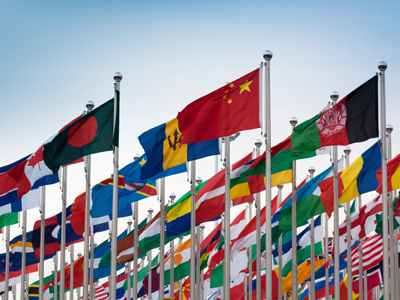
Development 01
You will learn in your KS3 Geography lessons that economic development is the increase in the standard of living in a nation's population. It comes when a country gradually changes from a simple, low-income economy to a modern, high-income industrialised economy. In countries classified as less economically developed (LEDCs), the main industry is farming. Often, the farmers are subsistence farmers. That means they grow crops to feed their own families and don't have much left over to sell. They are amongst the poorest people in the world. Sometimes, their land is taken over and they are forced to go to the nearest city to try to find work.
The Human Development Index (HDI) was developed in 1990 by the United Nations organisation. Up to then, development was focussed on the economy of a nation. It was hoped that the HDI would change that focus to being more about people instead of just money. It takes into account the life expectancy, how much education people receive compared to the amount they should receive and also their standard of living. As a country's industry is developed, the government can spend more on the things that change the HDI, improving people's lives.
Ready for more?
not all...
quizzers. Try to win a coveted spot on our Hall of Fame Page.







